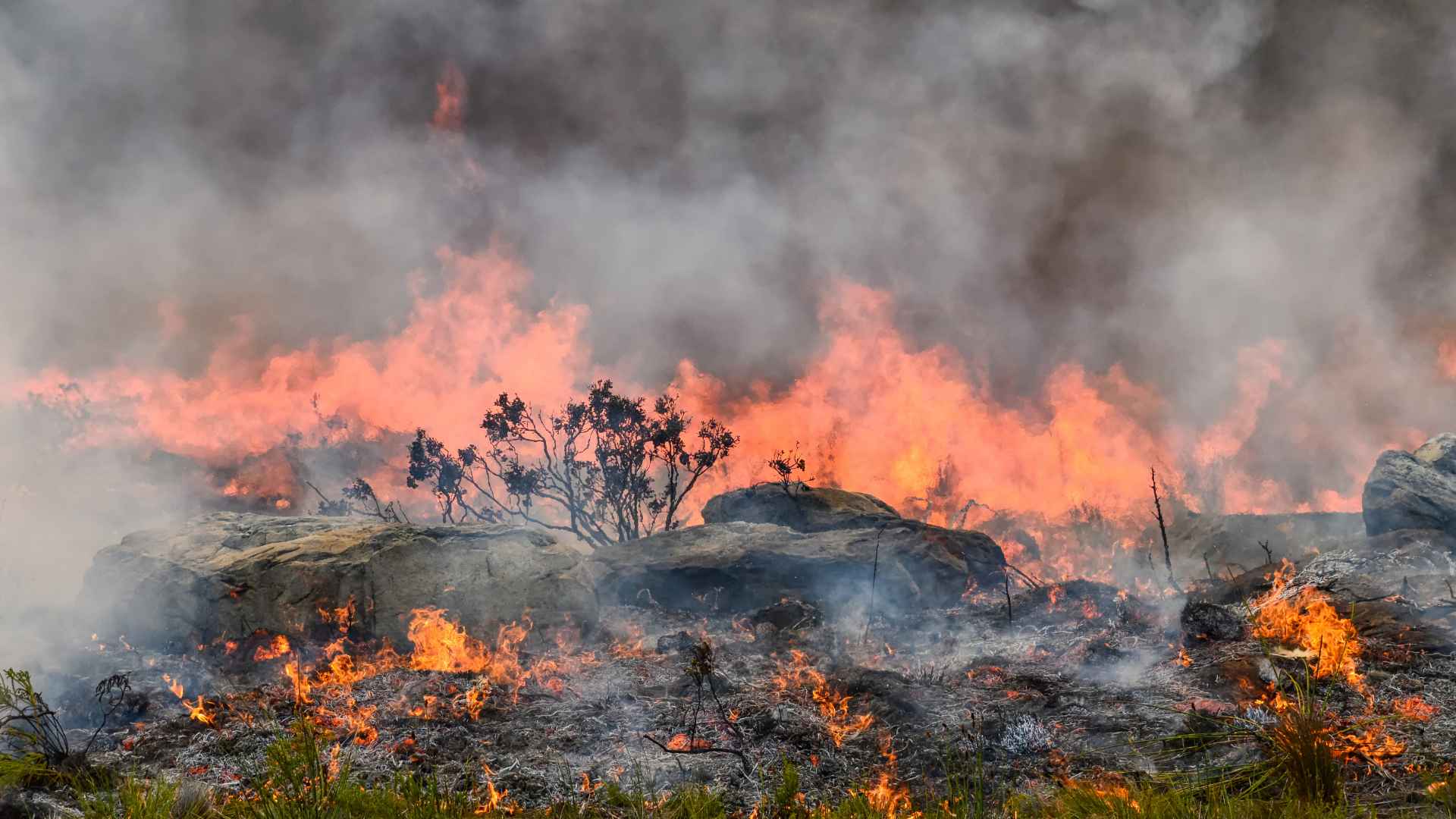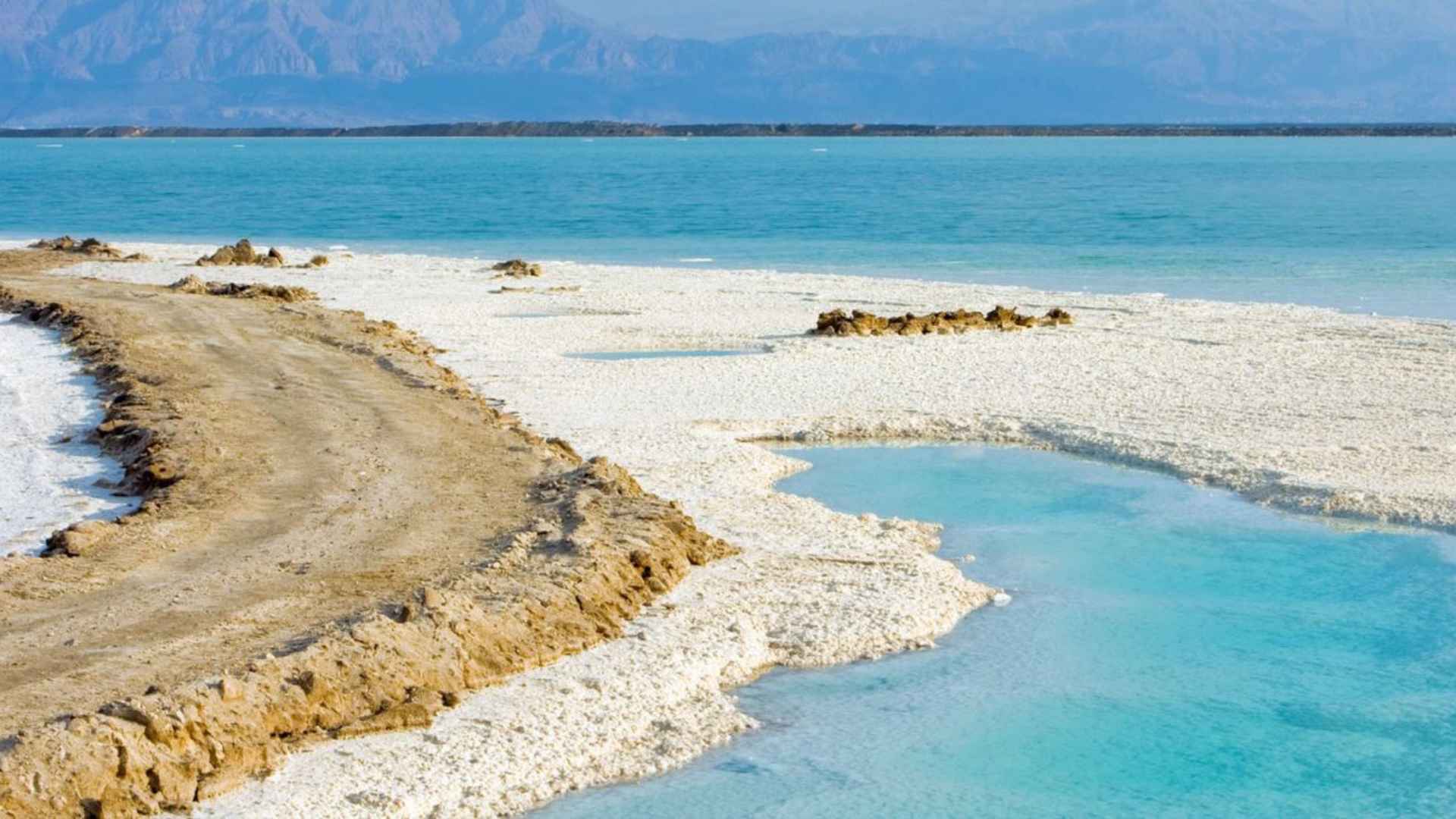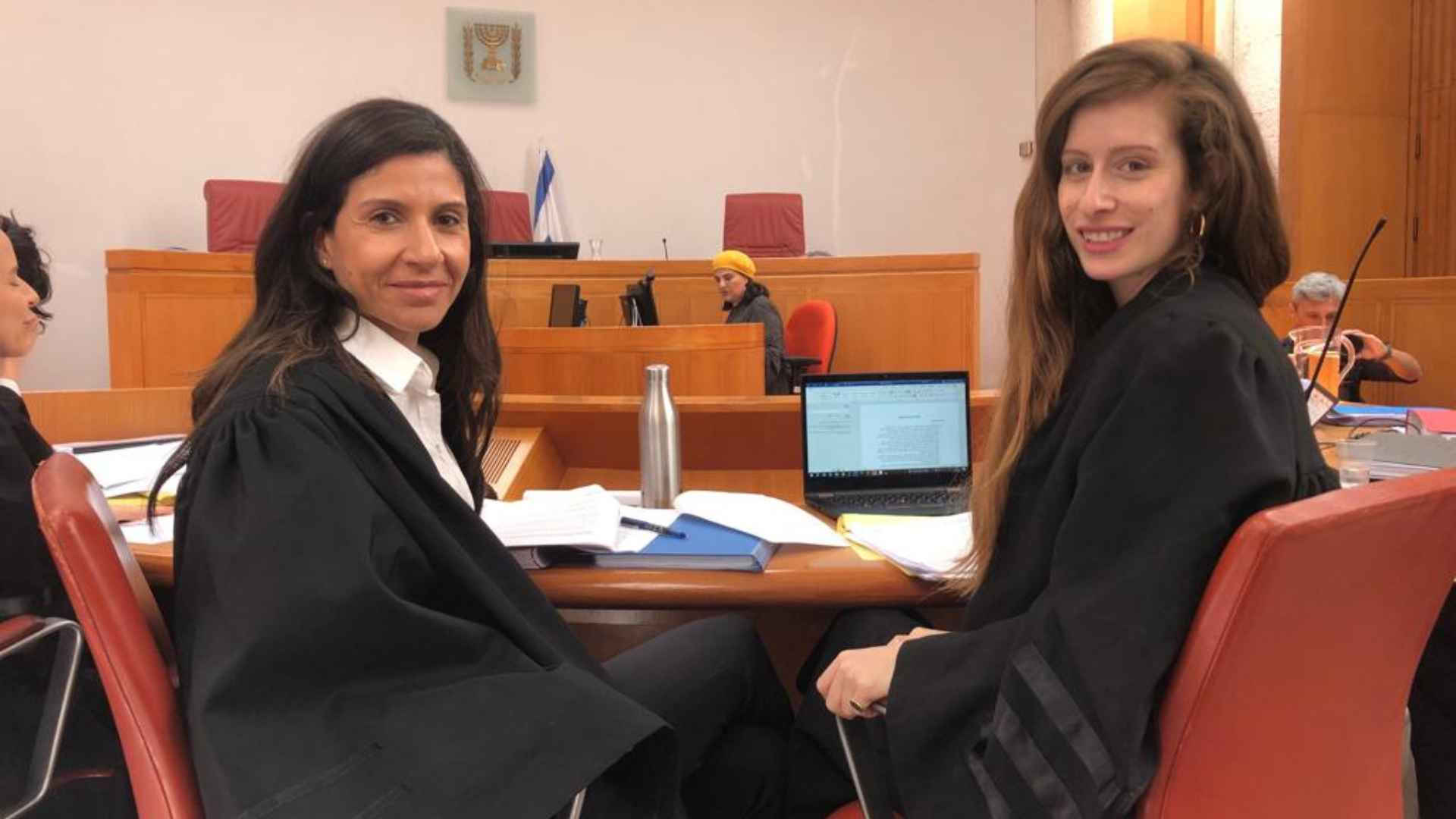In recent months, Adam Teva V’Din has been forced to turn twice to the High Court of Justice over a disturbing pattern of inaction by Environmental Protection Minister Idit Silman. Both cases involve the Minister’s refusal to carry out basic legal duties that are essential to the functioning of Israel’s environmental governance system.
One petition demands enforcement of a binding decision to allocate NIS 11 million from the national Maintenance of Cleanliness Fund to environmental organizations – funds that have been frozen for more than seven months. The second petition, filed jointly with the Jewish National Fund (KKL), the Society for the Protection of Nature, and Life & Environment, seeks to compel the Minister to appoint public environmental representatives to district and national planning committees –appointments that have been delayed for over two years.
We asked Amit Bracha, Executive Director of Adam Teva V’Din, to explain why these two cases matter – and what they reveal about how Israel’s environmental system is being undermined from within.
Q1.Why did Adam Teva V’Din decide to petition the High Court – twice – against the Environment Minister?
Amit Bracha: Both petitions arise from the same problem: the Minister’s refusal to perform clear legal obligations. In the first case, she has blocked the implementation of a lawful decision by the directorate of the Cleanliness Fund to allocate NIS 11 million to environmental NGOs for research, education, and public engagement. This fund has existed for decades, financed by environmental levies and taxes on Israelis, and managed independently of the Ministry’s internal budget. Yet the Minister has withheld the calls for applications, citing “budgetary constraints” that have no relevance to this separate fund.
In the second case, she has simply failed to act on mandatory appointments of public environmental representatives to Israel’s planning institutions – a requirement under the Law of Representation that ensures civil society has a voice in planning decisions. For more than two years, these appointments have remained vacant.
Q2. What harm results from these kinds of inaction?
Amit Bracha: Environmental governance depends on functioning institutions – and on trust. When a Minister blocks funding or delays appointments, it cripples the system’s ability to do its job. Environmental NGOs lose essential support for research, education, and community programs that strengthen both public awareness and the Ministry’s own work. Meanwhile, the absence of public representatives means planning committees operate without environmental oversight or civic participation.
These are not symbolic failures; they erode the foundations of transparency, accountability, and environmental justice.
Q3. Are these actions – or omissions – actually unlawful?
Amit Bracha: Yes. Both are clear breaches of statutory and administrative duty. The decision of the Cleanliness Fund directorate is binding. A Minister cannot arbitrarily block its implementation once approved. Likewise, the Representation Law obligates the Environment Minister to appoint public environmental representatives to planning bodies. These are not optional decisions; they are core elements of Israel’s environmental governance structure.
Q4. What is Adam Teva V’Din asking the High Court to do?
Amit Bracha: In both petitions, we are asking the Court to compel the Minister to fulfill her duties – to release the approved grants and to make the required appointments. It is unfortunate that we must again rely on the Court to ensure the Environment Ministry complies with the law. But as long as ministerial neglect prevents environmental governance from functioning, we have no alternative.
Q5. What broader lesson should the public take from these cases?
Amit Bracha: Israel’s environmental management depends on integrity, professionalism, and respect for the rule of law. When a Minister treats these duties as optional, it sends a dangerous message – that politics comes before the environment, and before the public interest.
We should not need to petition the High Court to make a Minister of Environmental Protection protect the environment. Yet that is precisely what we are being forced to do. Our goal is not confrontation, but accountability – to ensure that Israel’s environmental institutions serve the public, not political convenience.





